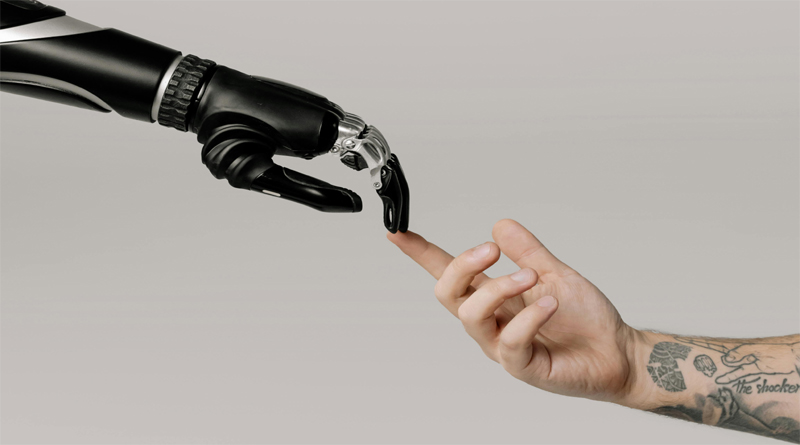How AI Is Impacting Careers in 2025
Artificial Intelligence (AI) is no longer a buzzword—it’s a powerful force reshaping industries, redefining job roles, and altering the way we work. As we move deeper into 2025, AI’s influence on careers is both profound and complex. From automation to augmentation, AI is creating new opportunities while challenging traditional roles. Here’s a closer look at how AI is impacting careers today.
- Job Automation: Efficiency with a Human Cost
AI has automated many repetitive tasks across sectors like manufacturing, finance, customer service, and even healthcare. Chatbots handle customer queries, algorithms assist in diagnosing diseases, and robots assemble products with precision.
Impact:
- Routine and administrative jobs are being phased out.
- Workers in data entry, retail, and basic support roles face increased risk of displacement.
- However, automation also reduces human error and improves efficiency.
- Creation of New Career Paths
While AI eliminates some jobs, it also creates entirely new ones. Roles like AI ethicists, prompt engineers, machine learning trainers, and data annotators are now in demand.
Impact:
- Growth in tech-adjacent fields like cybersecurity, cloud computing, and data science.
- Increased demand for professionals who can bridge AI with business strategy and ethics.
- Human-AI Collaboration
AI isn’t just replacing jobs—it’s also enhancing them. In creative fields, AI tools help generate ideas, improve productivity, and offer insights. In medicine, AI aids in diagnostics and research but still requires human oversight.
Impact:
- Knowledge workers are seeing productivity boosts.
- Professionals must learn to work alongside AI, leveraging tools to enhance creativity and decision-making.
- Upskilling and Reskilling Are Non-Negotiable
To stay relevant, professionals across all industries must continuously update their skills. AI literacy, critical thinking, and adaptability are now essential.
Impact:
- Companies are investing heavily in employee training programs.
- Platforms offering AI and tech courses are seeing massive growth.
- Ethical and Social Implications
AI’s influence on careers also raises ethical questions—bias in hiring algorithms, surveillance concerns, and inequality in access to AI tools.
Impact:
- Demand for ethical AI and governance professionals.
- Calls for transparent AI systems and inclusive development.
Conclusion
AI is not the end of human careers—it’s a transformation. Those who adapt, learn, and innovate will find themselves thriving in an AI-augmented workforce. The future belongs to those who are prepared to work with AI, not against it.






